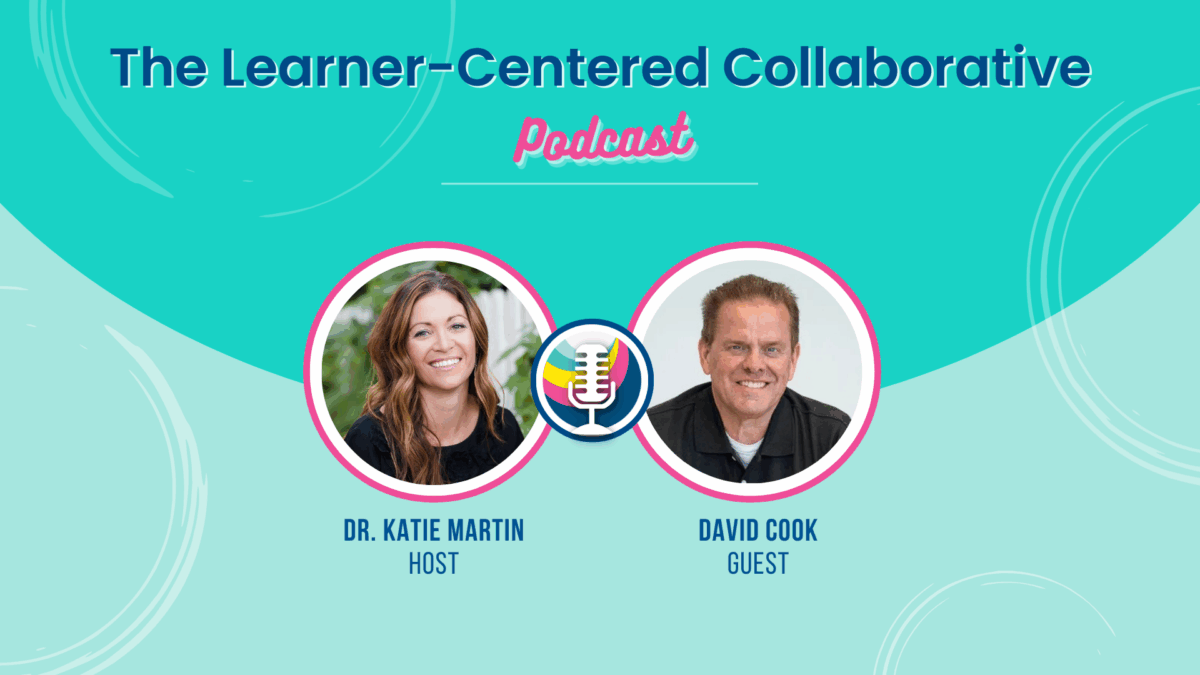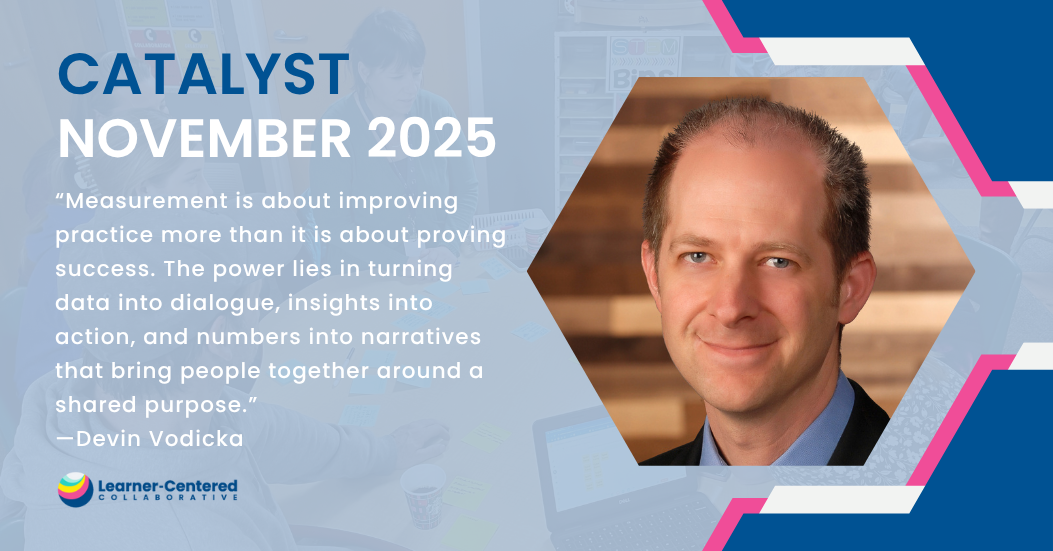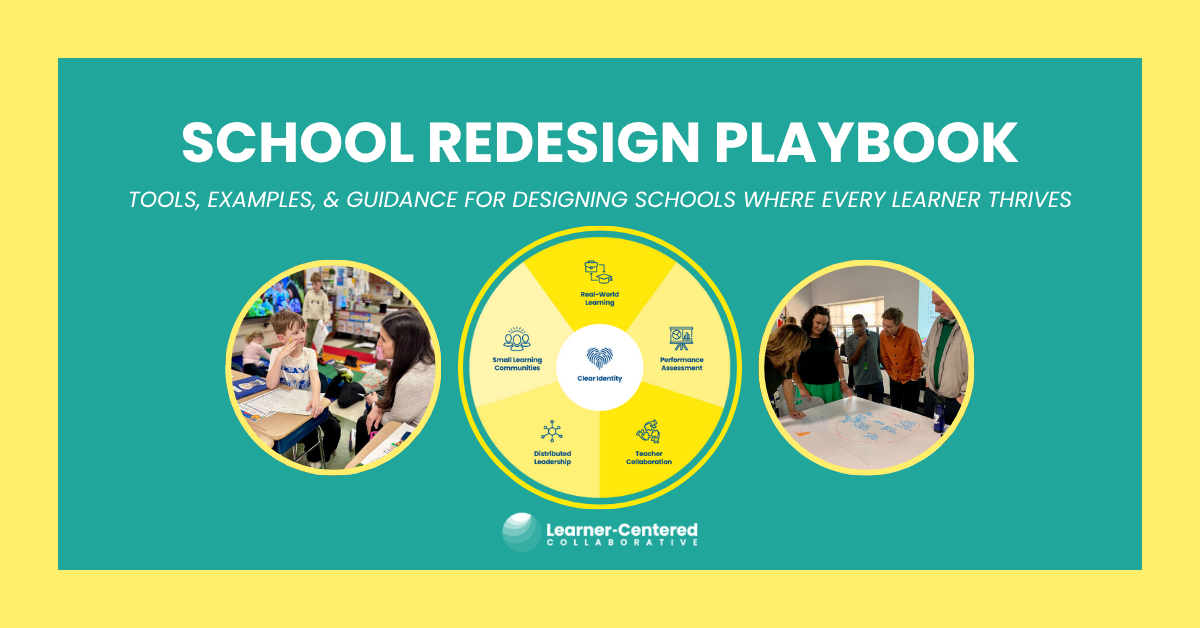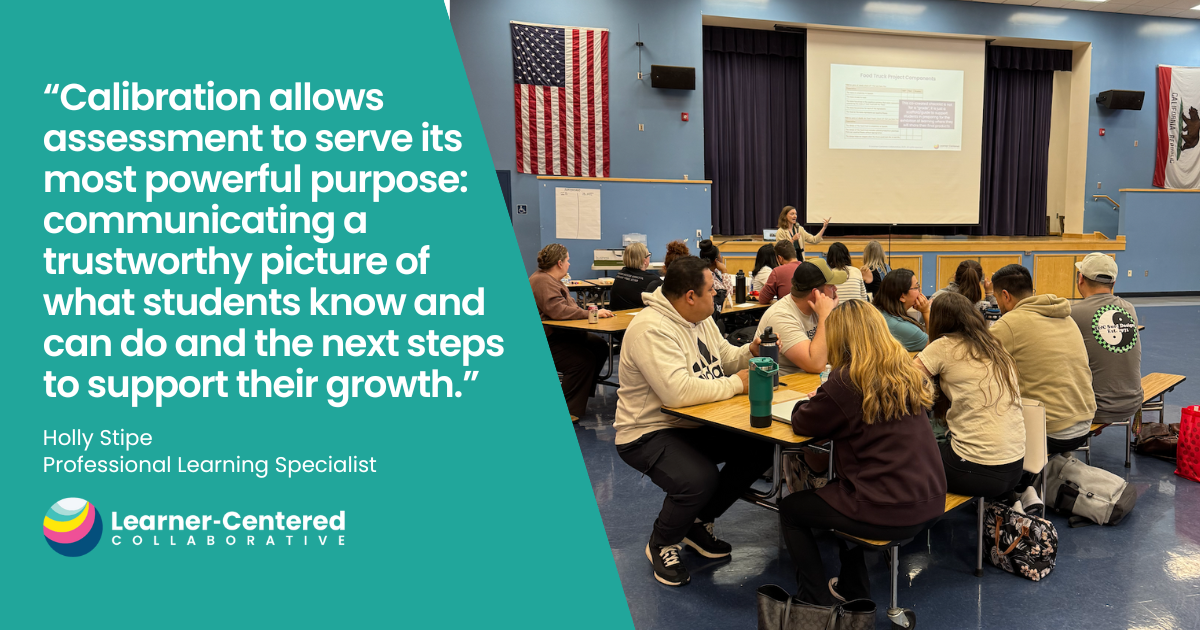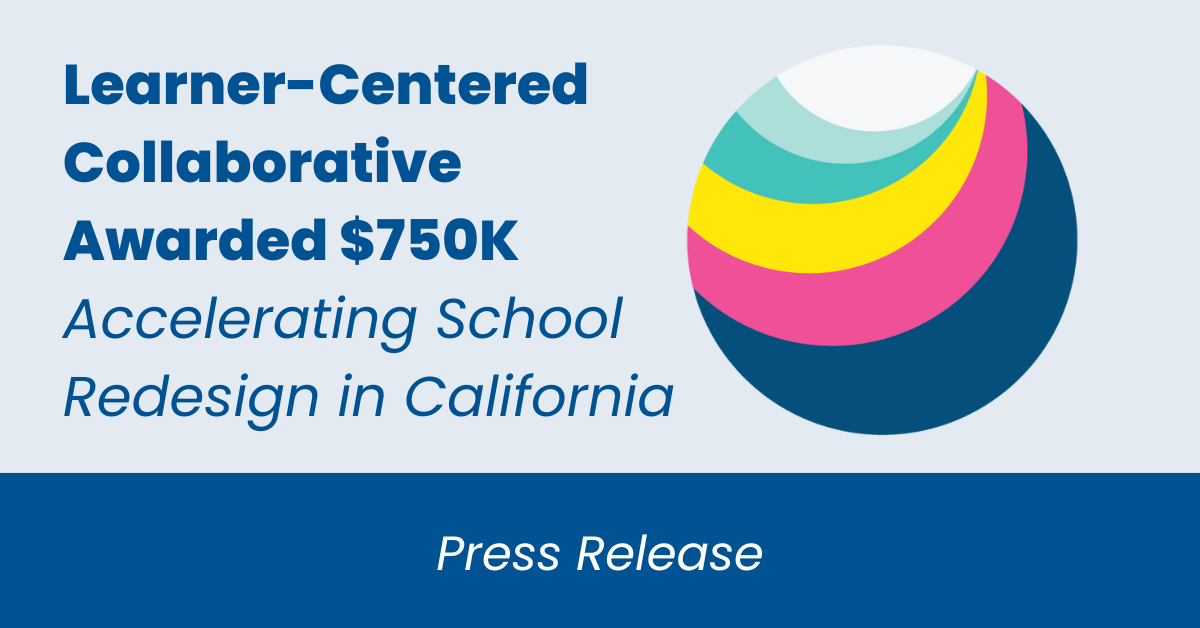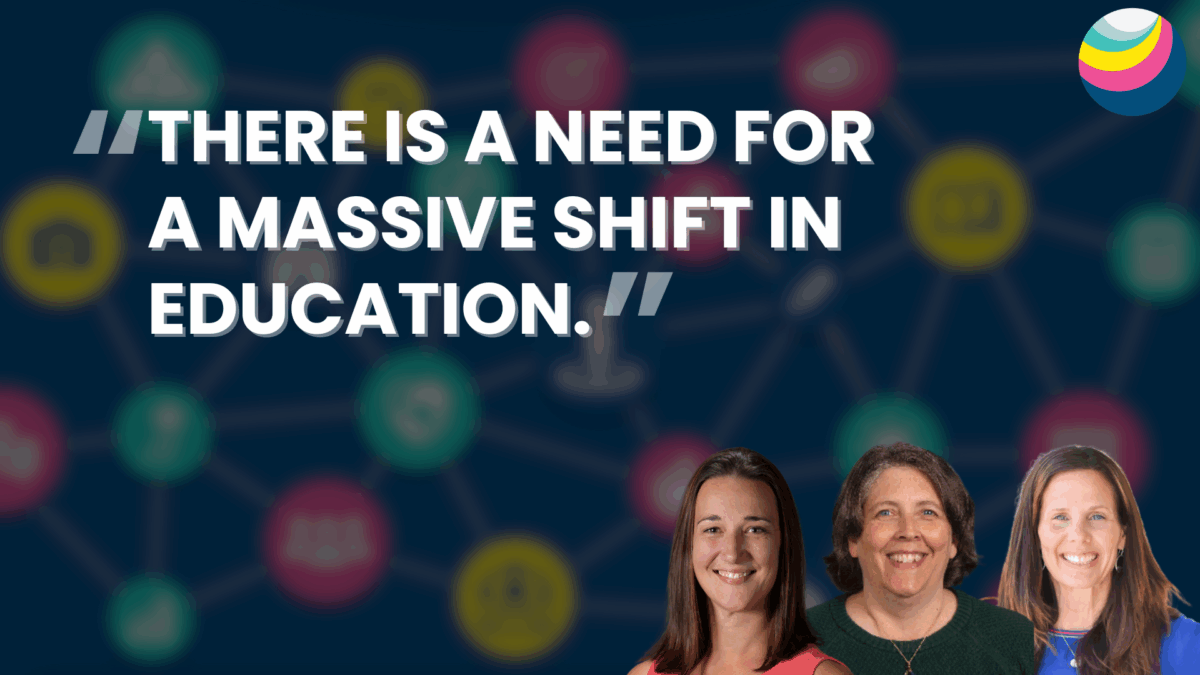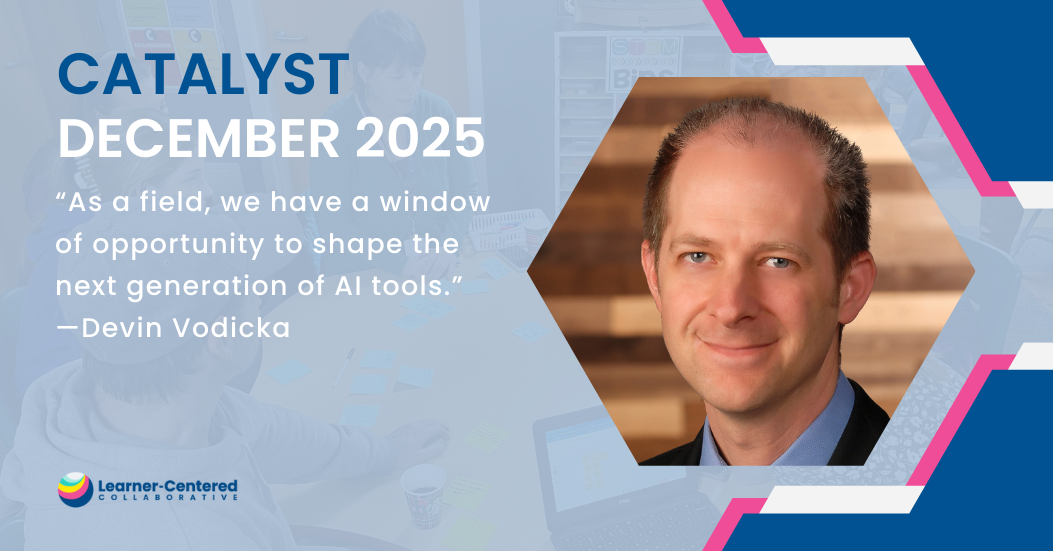Designing Assessments with Learners at the Center
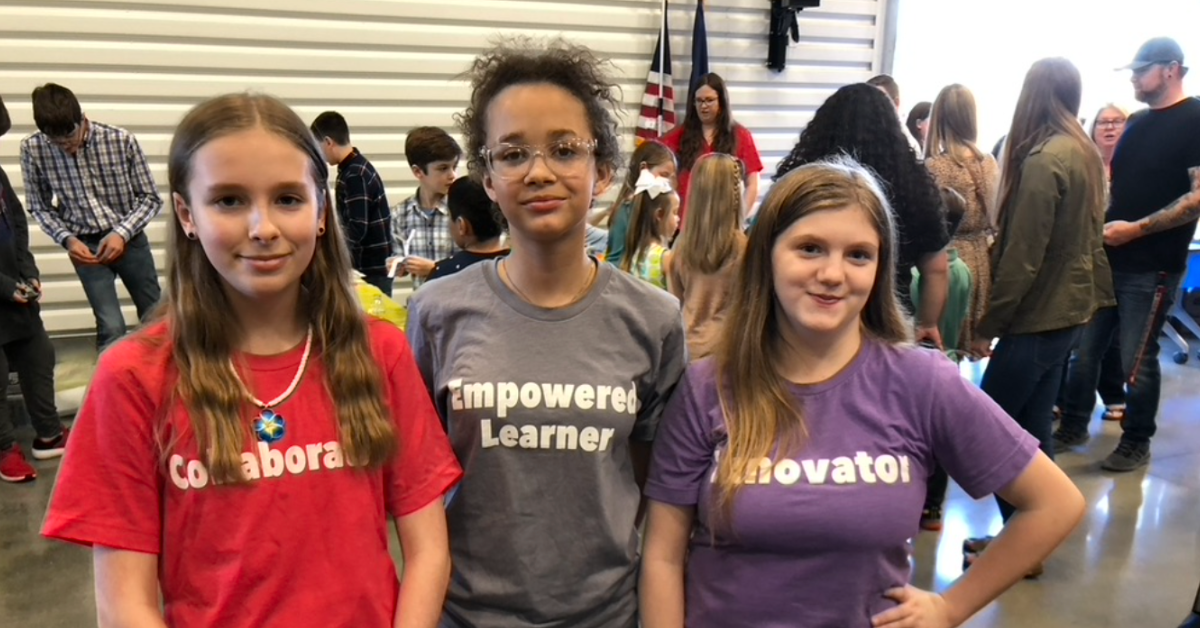
Assessment often carries negative connotations for many educators, who associate it with grades, rankings, time pressures, effort, frustration, misrepresentation, and standardized tests. However, assessment doesn’t have to be a negative experience. When approached from a learner-centered perspective as a tool for learning and growth, assessment can be a powerful catalyst for student success.
The Crucial Role of Assessment
In learner-centered education, assessment plays a crucial role in informing and guiding the learning process. Assessment practices that go beyond traditional tests and grades can provide a holistic understanding of a student’s progress and growth. Assessment in a learner-centered approach focuses not only on academic knowledge but also on the development of essential skills, competencies, and dispositions. It enables educators to gather evidence of learning, provide timely feedback, and tailor instruction to meet the unique needs of each learner. Learner-centered assessment cultivates deeper understanding, promotes critical thinking, and supports the growth and well-being of every student.
Emerging Models of Learner-Centered Assessment
Two school districts, Logan County Schools in Kentucky and Mineola Public Schools in New York, serve as inspiring examples of learner-centered assessment in action. These districts prioritize the unique needs, interests, and abilities of each learner, placing them at the center of the educational experience. These models place learners as active participants in their own learning journey and empower them to take ownership of their education.
Logan County Schools, Kentucky
Logan County Schools is a public, rural pre-k-12 school district that serves 3100 students in Russellville, Kentucky. Led by a team of “LC Innovators” and guided by a clear Profile of Success, the district sought to identify models and examples in practice through Learning Walks facilitated by Learner-Centered Collaborative. The insights validated their ongoing learner-centered work and inspired new ideas which they share on a website for teachers to see the impact of Profile of Success competencies in real classroom settings.
To demonstrate student competencies aligned to the Profile of Success, the teams co-designed and implemented Defenses of Learning. After prototyping and testing, each student in grades 5, 8, and 12 created a Defense of Learning during the 2021-2022 school year.
Now, informed by data and feedback indicating both student and educator progress toward success metrics, Logan County and Learner-Centered Collaborative continue to build and expand learner-centered capacity throughout the district. This work ultimately empowers students and educators to be agents of their own learning and growth.
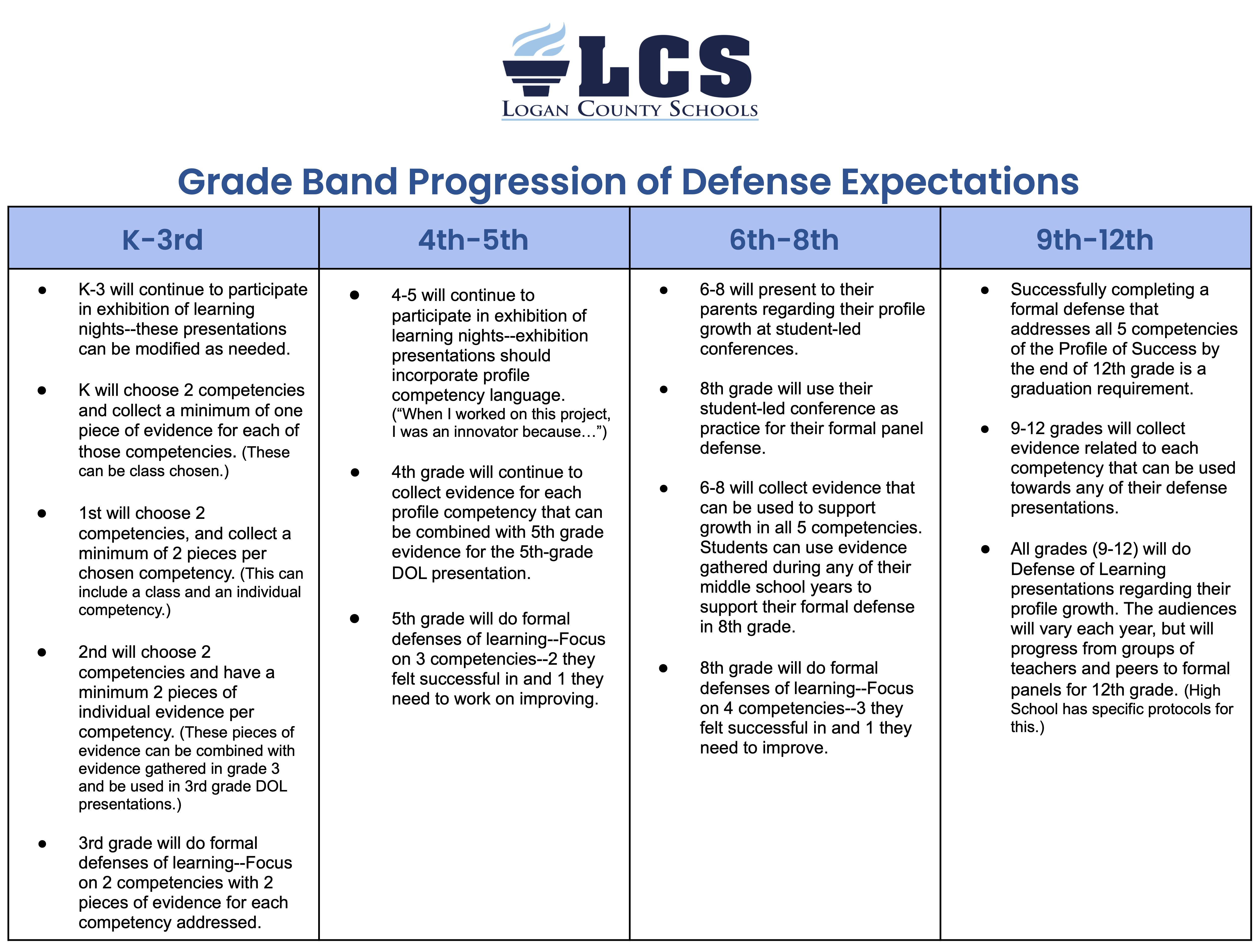
Mineola Public Schools, New York
Mineola Schools in Long Island, New York, is a public K-12 school district and they serve approximately 2,800 students. They recently opened a new high school, Synergy, with a bold vision for a new model of relevant, learner-centered education.
During the design process, Learner-Centered Collaborative conducted empathy interviews to gather insights into the needs and desires of the school community. To inform next steps, Learner-Centered Collaborative also facilitated Learning Walks to uncover bright spot practices already happening in the district. Highlights included built-in daily class time for reflection, “Badge Books” in grades K-4 that make learning visible even among the youngest learners, elementary students tracking and explaining their progress through their learning portfolios, Genius Hour Projects, and community internships complete with presentations of learning by Synergy students.
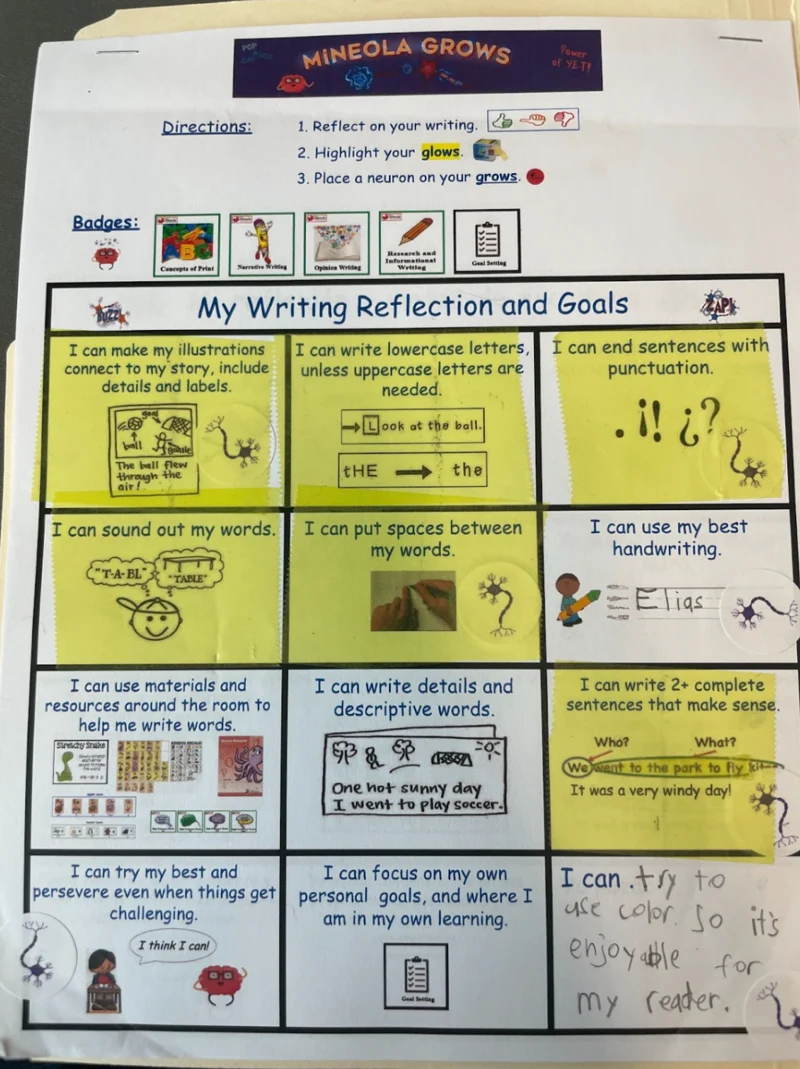
Student input, coupled with competency-based learning examples at the elementary level, highlighted the potential of competency-based learning at Synergy and beyond to best showcase nonlinear, multimodal demonstrations of progress, competency, and mastery. The success observed among the younger grades drives Mineola’s current work to replicate these learner-centered experiences across the district, demonstrating to learners that their progress is impacted by their own work and learning.
Shifting to Learner-Centered Assessment
Learner-centered assessment promotes competency-based, personalized, authentic, and inclusive learning experiences that foster learner agency, engagement, and success. When reflecting on the process used in communities shifting to learner-centered assessment, several key actions are observed:
1. Co-Designing and Implementing a Local Portrait of a Learner (aka Graduate Profile)
A powerful action in fostering learner-centered assessment is co-designing and implementing a local learner portrait. This collaborative effort involves all stakeholders (especially young people!) in identifying the essential knowledge, skills, and dispositions that reflect the unique needs and aspirations of learners in each learning community. By creating a Learner Portrait, the community develops a shared understanding of the desired outcomes they aim to cultivate in students. The portrait serves as a guiding framework for assessment practices, informing the design of meaningful learning experiences, and fostering a coherent and learner-centered educational approach. Enhancing the alignment between assessment practices and desired outcomes for learners promotes a deep understanding of learners’ strengths, interests, and areas for growth.
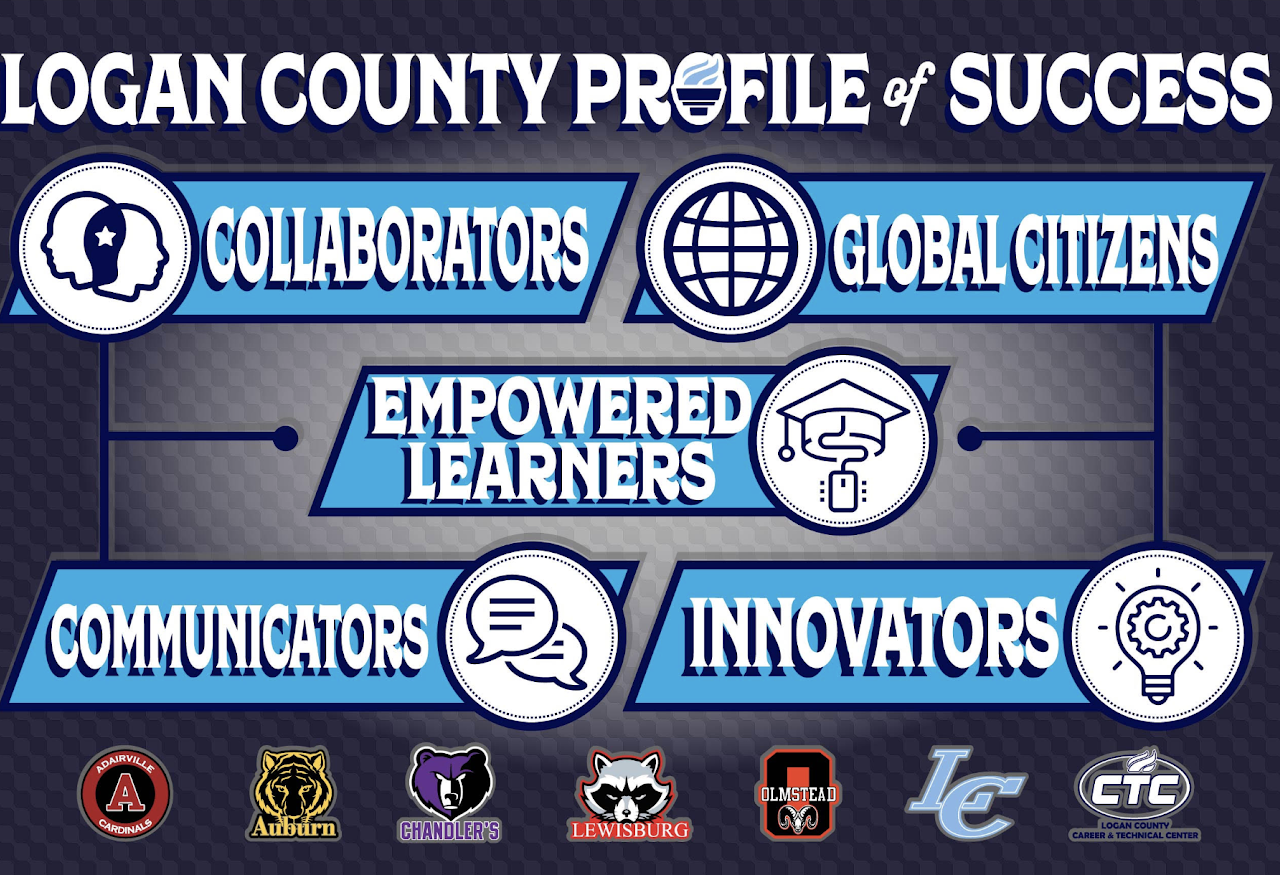
2. Encouraging Collaborative Assessment Practices, Such as Peer and Self-Assessment
Collaboration plays a vital role in learner-centered assessment. Designing opportunities for peer and self-assessment enables students to actively participate in the assessment process, fostering their sense of ownership and responsibility for their learning. Through collaborative assessment practices, learners gain valuable insights from their peers and develop critical thinking and metacognitive skills. Educators can facilitate these practices by providing clear assessment criteria, guiding students in providing constructive feedback, and promoting a culture of trust and support within the learning community.
3. Integrating Technology Tools and Digital Platforms to Support Learner-Centered Assessment
Technology offers a wide range of tools and digital platforms that greatly enhance learner-centered assessment practices. Effective tools provide educators with the ability to gather real-time data, deliver immediate feedback, and track students’ progress with greater precision. While the potential of technology in assessment is vast, implementation can start with simple, analog options. For instance, utilizing tools like the Badge Book can serve as a starting point to support effective competency-based assessment practices.
As educators become more comfortable and experienced, they can explore more advanced technology resources that align with their specific needs and goals. The key is to ensure that the technology chosen aligns with the principles of learner-centered assessment and enhances the overall learning experience for students. By strategically adopting technology tools and digital platforms, educators can foster personalization, engagement, and authentic assessment opportunities that meet the diverse needs of learners in a learner-centered educational environment.
4. Engaging Students in the Assessment Process Through Reflection and Goal-Setting
Learner-centered assessment hinges on learner agency and active involvement in the assessment process. Engaging learners in reflection and goal-setting activities empowers them to take ownership of their learning journey. By encouraging students to reflect on their strengths, areas for improvement, and learning progress, educators can foster self-awareness and metacognitive skills. Setting meaningful learning goals and involving learners in the co-creation of assessment criteria promotes a sense of purpose, motivation, and continuous growth.
Register for our learner-centered online course: Use Assessment as a Tool for Learning
What’s Possible?
By leveraging these effective practices, we can cultivate a learner-centered assessment ecosystem that engages learners and promotes a holistic approach to measuring and supporting learning and growth. We are seeing what is possible in communities like Logan County and Mineola. By learning from their process we aspire to create and implement impactful, locally-developed, forms of evidence in every learning community. Together, we can create a future where all learners know themselves, thrive in community, and actively engage in the world as their best selves.
Want to dive deeper? Logan County Schools and Mineola Public Schools will be highlighted in our upcoming competency-based reporting playbook. Listen here to learn more and sign up for early access to the playbook here.
